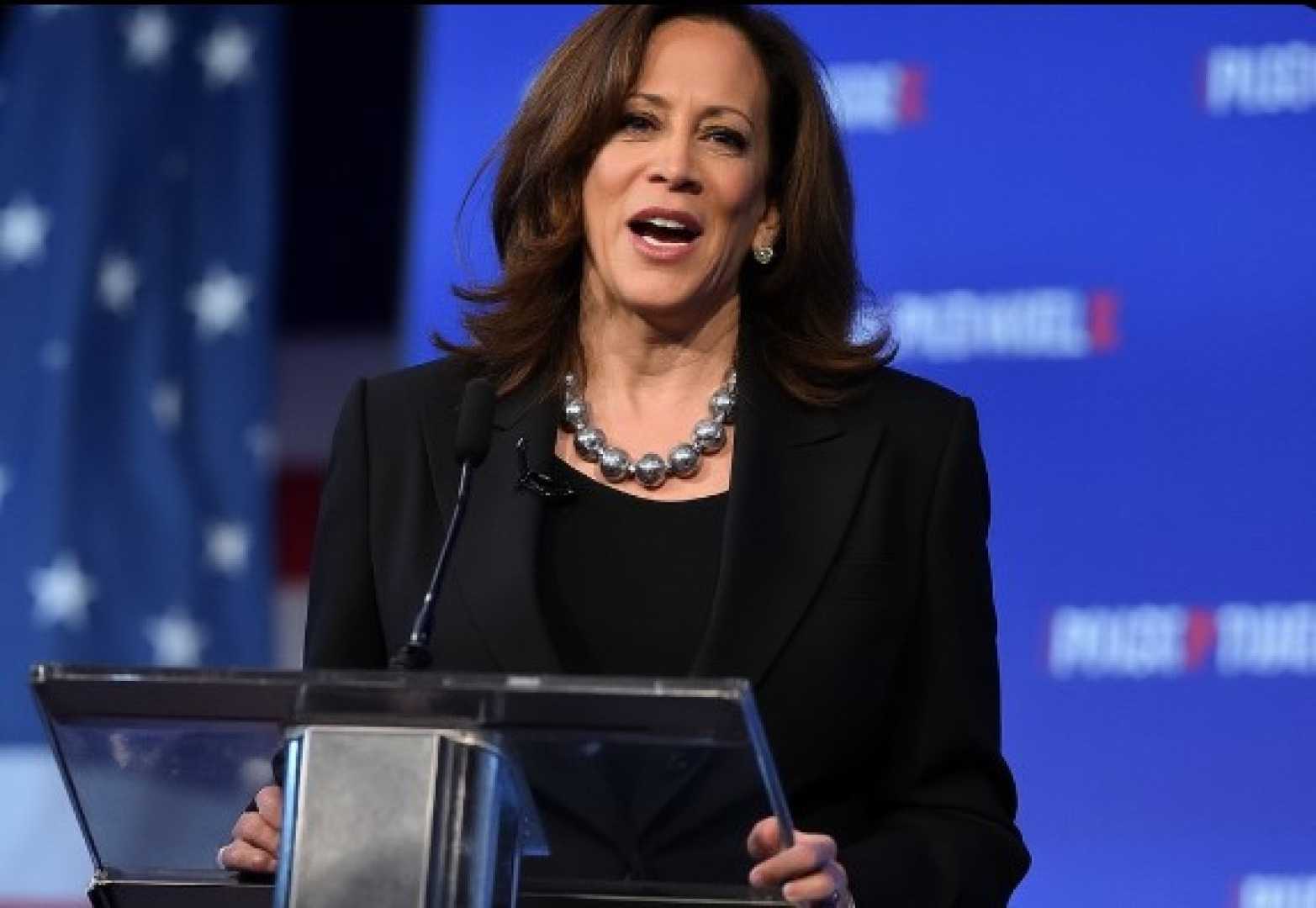Politics
Vice President Kamala Harris Proposes Tax on Unrealized Capital Gains

Vice President Kamala Harris has brought forth a new tax proposal that would target ultra-wealthy individuals with a net worth of at least $100 million. This plan aims to impose a tax on stock holdings based on their increased value, even if the stocks have not been sold.
Currently, capital gains taxes are only charged when stocks are sold, allowing wealthy individuals to avoid paying taxes on their investment gains while holding the assets. The proposed tax, however, would require annual payments on unrealized gains, effectively taxing wealth accumulation without a sale occurring.
This tax is anticipated to apply to approximately 10,660 individuals in the United States. Advocates of the plan argue that it will address income inequality and ensure that wealthy individuals contribute their fair share to the economy.
Critics, particularly from conservative circles, have labeled the proposal as a potential infringement on property rights and have expressed concerns about financial privacy and due process. The CATO Institute has noted that such a tax raises deeper issues regarding individual rights.
Although the proposal is intended for ultra-wealthy individuals, opponents warn of the slippery slope it may create, suggesting that similar taxes could be applied to those with lower net worths in the future. Former presidential candidate Vivek Ramaswamy has also voiced strong opposition, calling attention to the implications of taxing unrealized gains.
Under this proposal, individuals whose net worth exceeds $100 million would be required to pay a minimum tax rate of 25% on their combined income and unrealized capital gains. This means that even without selling an asset, an individual could incur tax liabilities based on the increased value of that asset over time.
In response to criticisms regarding the fluctuations in asset values, the Biden administration has indicated that the tax assessment would occur over a five-year period. However, some argue that such assessments may not adequately account for potential declines in asset values.
The proposal has significant implications for federal tax revenue, with estimates suggesting it could raise as much as $503 billion over a decade. Despite these projections, the likelihood of the proposal passing through Congress remains uncertain, especially given past challenges in garnering support for similar tax initiatives.












